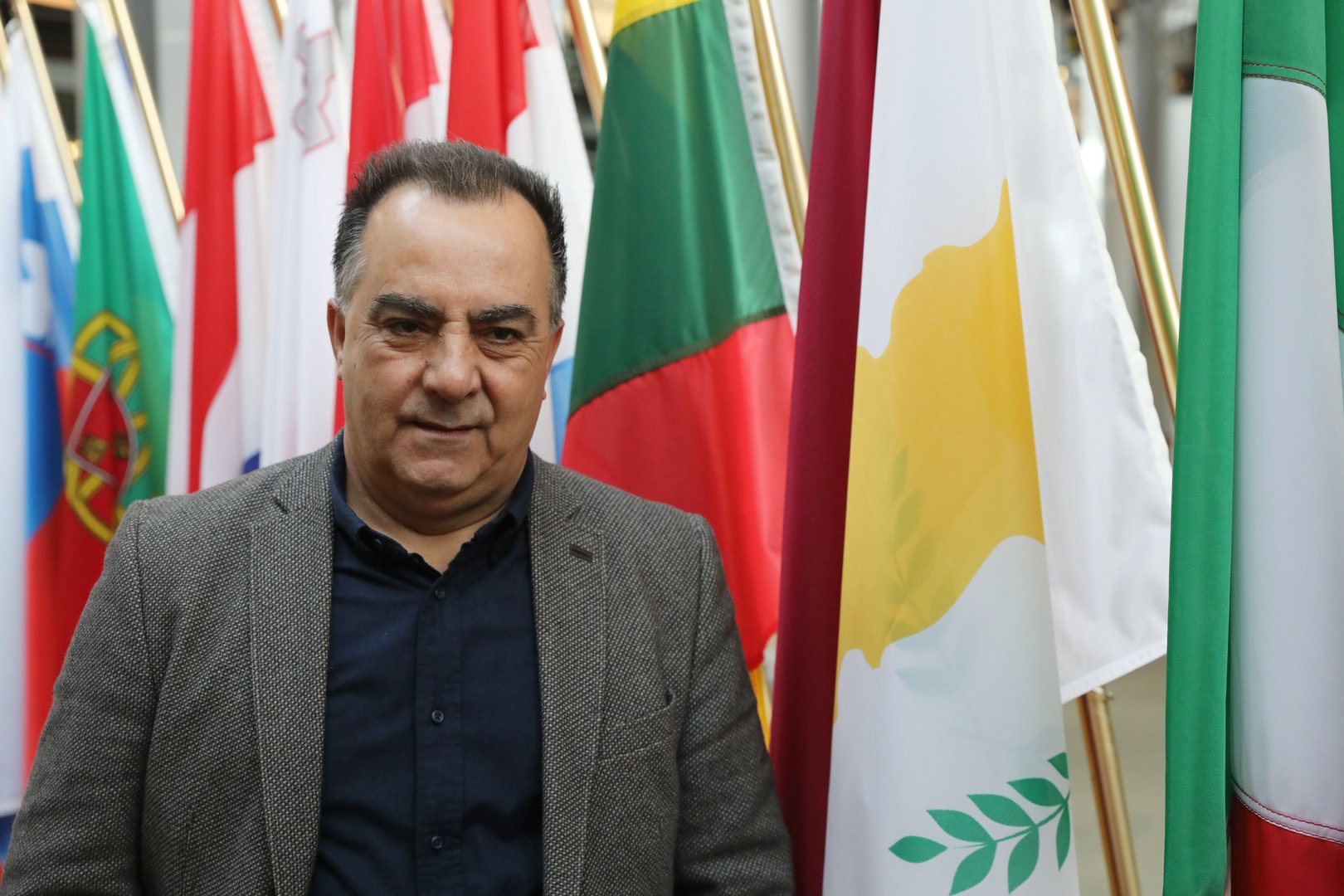Cypriot MEPs said on Thursday the country had been dragged through the mud during a European Parliament plenary session which discussed the latest revelations by the Cyprus Confidential reports, linking the island to aiding money laundering and sanctions evasions.
“Yesterday was not a good day. It was not a day where I felt very proud to be from Cyprus,” MEP Giorgos Georgiou from Akel and the EU’s The Left Group told the state broadcaster.
During the discussion which unfolded throughout Wednesday evening’s plenary, opinions ranged from some MEPs calling on the EU to impose sanctions against Cyprus, while others said this is an opportunity to ensure more effective anti-money laundering measures.
Nonetheless, Georgiou said it was a difficult climate where “everyone was talking about Cyprus” as the theme centred on last week’s news reports highlighting that while the EU was implementing sanctions on Russia in February 2022, Cyprus was trying to help oligarchs evade the sanctions.
Belgian MEP Saskia Bricmont with the Group of the Greens, said Cyprus “rushed to help Russia after the sanctions… (and was) complicit.” She said the lack of action by the EU was inexcusable.
Meanwhile Dutch MEP Sophia in’t Veld of Renew Europe thanked the journalists behind Cyprus Confidential for discovering “once again” the wrongdoings and asked why they had not come to light from the authorities themselves.
She added the EU is responsible for enforcing EU law but they are not doing their job as they rely on national authorities who are sometimes “complicit in wrongdoing”, such as Cyprus and Malta.
Georgiou said when he took the stand he sought to stress that the revelations do not reflect on all Cypriot people, but a handful of individuals that took advantage of the system.
“Cypriot people feel bitter and disappointed” after promises and promises that things would change, that there would be investigations, that people would be held to account. “Has anyone been punished?” he asked.
The MEP said however that “a lot of the money that left Cyprus ended up in EU banks. And they accepted it. Whether it was roubles or dollars,” suggesting that this is not just a Cyprus problem, but a broader issue across the bloc.
In a similar vein, independent MEP Demetris Papadakis, with the Group of the Progressive Alliance of Socialists and Democrats, said Wednesday’s plenary proved that Cyprus’ integrity has been hit once again. “This is not the first scandal Cyprus has been embroiled in” and likely not the last.
While he heralded President Nikos Christodoulides’ statements that no one is above Cyprus’ reputation, he said it was high time things moved from words to actions and people should be punished.
A day earlier in Cyprus’ parliamentary legal affairs committee, the attorney general said criminal convictions over sanctions evasion may be difficult, however some cases might be able to go to court.
During the EU plenary, European Commission Vice-President for Democracy and Demography, Dubravka Suica noted the Commission had launched infringement proceedings against Cyprus in July for failing to comply with the anti-money laundering (AML) and as such, was following investigations on a local level closely.
“We are looking into any allegations of circumvention of sanctions,” Suica stressed, adding the commission would push forward a very ambitious programme to combat the proceeds of crime and the financing of terrorism.
She highlighted breaching sanctions is a crime in most member states, but how offences are defined and the levels of penalties and fines vary from country to country.
The commissioner added the register of ultimate beneficiaries was particularly important as it was key to understanding who company beneficiaries are and shows who owns what.
Hours before ‘Cyprus Confidential’ was published, the government announced the electronic system of the Register of Beneficial Owners, known internationally as UBO (Ultimate Beneficial Owner) would be implemented.
The slew of reports titled ‘Cyprus Confidential’ were published by the International Consortium of Investigative Journalists (ICIJ) and the Organised Crime and Corruption Reporting Project (OCCRP), where more than 270 journalists from 68 news organisations worked on the investigation over eight months, cooperating from 55 countries and regions.







Click here to change your cookie preferences